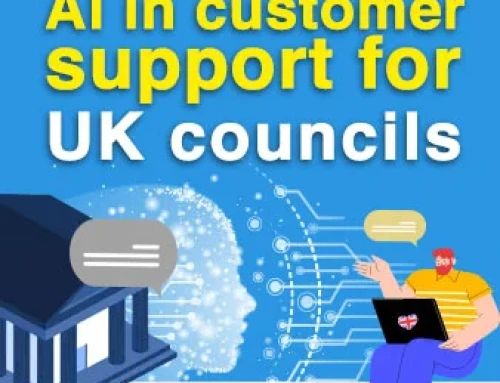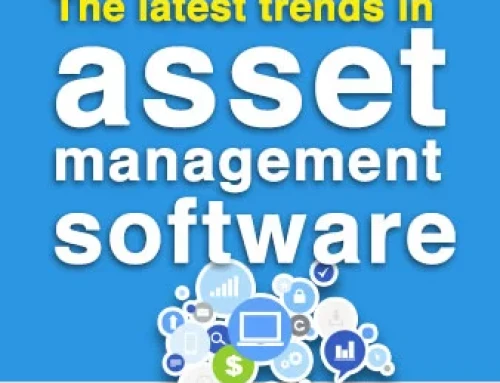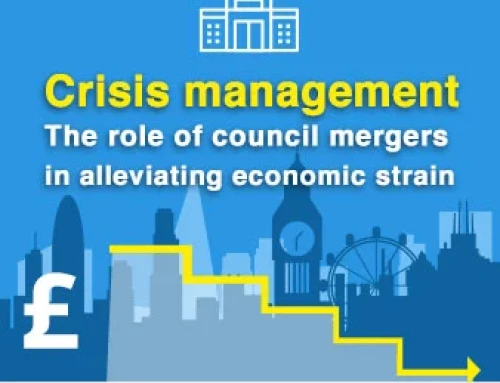Why should local authorities focus on bringing innovation in waste management?
From Fragmented to Connected & Intelligent Waste Management!
‘Smart cities’ is the term that sets high expectations and tough challenges. The definition of a smart city has been evolving over the years. Newer technologies continue to emerge and the public sector needs to look for ways to implement them within the allotted budget and spending limits. In essence, it’s quite not possible to achieve 100% citizen satisfaction. But, the councils must amplify their reach.
Local authorities across the UK are under constant pressure of spending cuts. The austerity measures imposed on the local councils have given rise to a situation where they must seek innovation to deliver efficient outcomes to develop smart cities. Innovation in the form of advanced technology and digitalization sound promising.
Waste management – A huge responsibility.
Many services come under the provision of the local councils. Waste collection, management and disposal form one of the core set of responsibilities of the authorities. In fact, growing waste has become a serious national and global problem. The citizens look up to the councils for efficient waste management process as a part of their taxes. Waste management services, though important, haven’t been considered for transformation for years. But, it can’t happen anymore.
The Environmental Protection Act 1990 designates the roles of “waste collection authority” and “waste disposal authority” to councils. Single tier unitary authorities have collection and disposal responsibility. Whereas, two-tier authorities have separate collection and disposal responsibilities between the district and county councils respectively. In the present situation, waste collection is contracted out to service providers. The councils need to spend a significant amount in the process. Post that, disposal and recycling also take up budget and resources.
The local government must rethink its strategy to tackle the problem of waste. Policymakers have a tough time ahead in streamlining the waste management process. Then only, it is possible to meet the recycling targets from the EU’s Circular Economy Package (CEP) –reach a recycling rate of 55% by 2025, 60% by 2030 and 65% by 2035. Greener steps must be taken to support the UK’s aspirations of becoming a world leader in efficient resource utilisation.
The Number Game!
As per the last report on total waste generation, over 65mn population across the UK was estimated to have generated more than 200 million tonnes in a year. The waste producers in no case take full responsibility. It is upon the councils to ensure environmental standards.
Local councils need to be on their toes to achieve the following goals–
- Eliminating food waste to landfill by 2030.
- Eliminate avoidable plastic waste over the lifetime of the 25 Year Environment Plan.
- Double resource productivity by 2050.
- Eliminating avoidable plastic waste by end of 2042.
- Eliminate avoidable waste of all kinds by 2050.
The GovTech fund provides a ray of hope. Defra’s Smart Waste Tracking challenge is about tracking individual movements of waste through the economy to gather more data about the types and amounts of waste generated, what is done to it, where it ends up, and in what form. It incentivizes tech firms with up to £80,000 to develop a new digital solution to help track waste from the source through treatment to end destination.
Also, the Litter Innovation Fund, set up as part of the Government’s Litter Strategy for England launched in April 2017, includes a total of £450,000 funding to local projects. Environment Minister Thérèse Coffey quoted ‘We are providing grants of up to £10,000 for communities to come up with creative solutions to tackle litter in their local area. It is only through government and communities working together that we will affect the long-term behavioural change that is needed to tackle this scourge, and leave the environment in a better state than we inherited it.’
The detailed statistics of waste belonging to each category – household, food, garden, industrial, commercial, plastic, etc. and the funding available to tackle them puts the councils in a puzzling situation. Considering the impact and visibility of waste services on citizen satisfaction, councils must work on improving it to establish them in the longer run.
Teaming up with technology!
Approximately, there are 23 million waste transactions in the UK, over 100,000 regulated sites and over 100,000 waste carriers and brokers. Administering such a huge network is not a child’s play. Every local authority has its own way to govern the waste process. It depends on the infrastructure, amount and type of waste, accessibility and resources.
Innovation in the form of digital technology connects the dots of the entire process and governs intelligent waste management. It can be one of the key factors to transform the current system. The use of electronic chips is one of the examples. IoT (Internet of Things) is a low-cost technology available easily in the market. Sensors fitted in the bins can collect the data that indicates the type of waste, level, overfill parameters, and location to track it. The collected data can help the councils to plan and schedule the collection. It promises to bring a drastic change in reducing carbon footprints, unnecessary travel and fuel emissions, and cost of collection.
Other issue concerns the ‘Missed Bins and Missed Collections’. Technology provides a solution by allowing sensor-based bin tracking. Also, councils can use a comprehensive platform allowing the citizens to immediately report the missed collections via their mobile application rather than waiting to call or visit the office causing further losses. Councils can also create a knowledge base to guide the citizens about different types of bins.
Citizen self-service provisions them to know their bin day, collection schedule, request extra service, apply for a contract, report issues, and get any information helps to reduce the costs involved in direct communication. On the other hand, waste collection crew equipped with a mobile working application can use route optimisation to take the best path for their Lorries. They can immediately send and receive updates from their back-office for seamless synchronisation and achieve cost and paper savings.
Last, the impact of data on improvising waste services. Data analysis holds a prominent place to drive a major transformation. The councils can optimise the current process for effective outcomes by analyzing the collected data and taking timely decisions. It will help in determining the amount of waste, smart schedules, habits, and plan the end-to-end waste management cycle involving citizens, councils, contractors and industries. Intelligent waste management with the use of generated data is the idea.
Minimising waste, Maximising productivity!
There are various options available to achieve cost-effective waste management. None of them guarantees 100% result. But, local authorities must work towards the fulfilment of a sustainable economy and environment. The sense of responsibility at the individual level and the use of sensors at the technological level must be taken into consideration to minimise waste and optimise processes.
Other measures like incentivising recycling, Packaging Recovery Note (PRN) system, Deposit Return Scheme (DRS), direct charging, taxes, and fund-raising policies also play a role. Depending upon the council’s state of affairs and area, they should redesign waste strategy without a second thought.
Relying on sophisticated systems that offer automated workflows to support intelligent waste management will reduce effort and enhance productivity. Local authorities need not waste time to manage waste. Let’s aim for a cleaner and efficient future.
Rethink. Redesign. Revolutionise!





